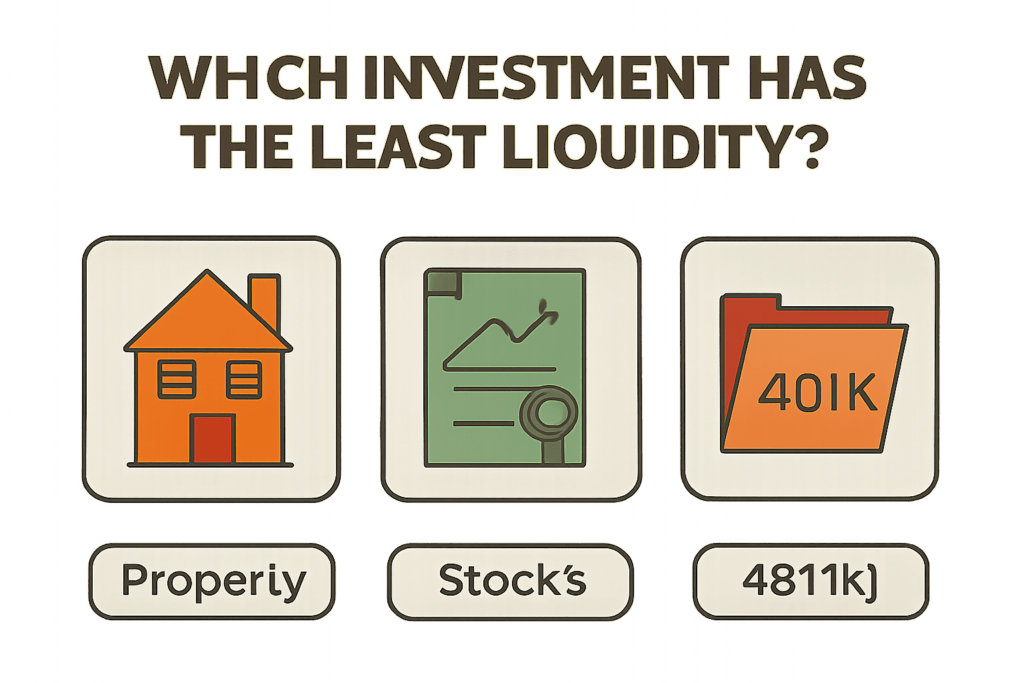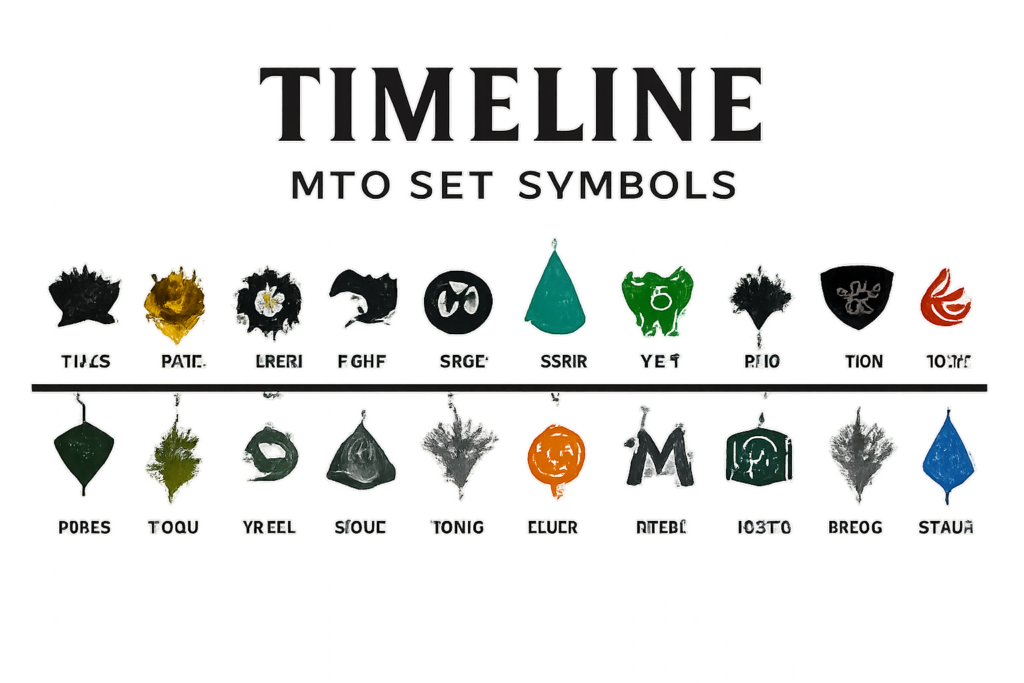When it comes to managing your money, liquidity matters. The term describes how quickly you can convert an asset to cash without significant loss in value. For investors trying to decide between property, stocks, a savings account, or a 401k, the question “which investment has the least liquidity?” comes up often. Let’s break down the basics so you know what to expect.
Understanding Liquidity: What It Means for Investments
Liquidity isn’t just a technical term. If you need fast access to your funds, a liquid investment is essential. On the other hand, some investments trade easy access for potentially higher returns. Here’s how the main options compare:
Property: Real Estate Isn’t Easily Sold
Of the investments listed—property, stocks, savings account, and a 401k—property (real estate) has the least liquidity. Selling a house, land, or commercial space isn’t something you can do at a moment’s notice. Even in a hot market, the process takes weeks or months. You also face transaction costs and possible price drops depending on timing or negotiating power. If you’re looking for fast cash, property isn’t the place to keep it.
Stocks: Quick to Sell but Market-Dependent
Stocks are much more liquid compared to property. On most trading days, you can sell stocks with a few clicks and have the cash in your brokerage account within days. That said, you are still subject to market volatility—sometimes prices dip suddenly. But if you value the potential to move money in and out relatively freely, stocks hold an advantage.
Savings Account: The Definition of Liquidity
A savings account is about as liquid as it gets. You can withdraw cash at an ATM, transfer to checking, or pay bills quickly. There may be some limits on the number of withdrawals per month (due to banking regulations), but for all practical purposes, your funds are readily accessible.
401k: Accessible, But With Penalties
A 401k is a retirement account designed to keep your money locked up until you hit a certain age. While you can take money out, you’ll face taxes and penalties for most early withdrawals. This makes a 401k less liquid than stocks or savings, but usually more accessible than property—not to mention loans or other workarounds can complicate things further.
Pros and Cons to Consider
- Property: Least liquid. Possible long-term gains, but risky and slow to sell.
- Stocks: Highly liquid, but value can swing quickly. Easy to transact.
- Savings Account: Ultra-liquid. Safe, but low returns.
- 401k: Designed for retirement. Early withdrawals are penalized, but not impossible.
Practical Tips for Investors
- Keep emergency funds in a savings account for true liquidity.
- Use stocks for investments you might need to tap within a few days or weeks.
- Consider property and 401ks for long-term growth where you can afford less liquidity.
In Short
So, which investment has the least liquidity? Among property, stocks, a savings account, or a 401k, property clearly comes in last for liquidity. It takes time and effort to sell, making it a poor choice for immediate access. Factor these differences into your financial planning—liquidity can matter as much as returns, depending on your needs.



